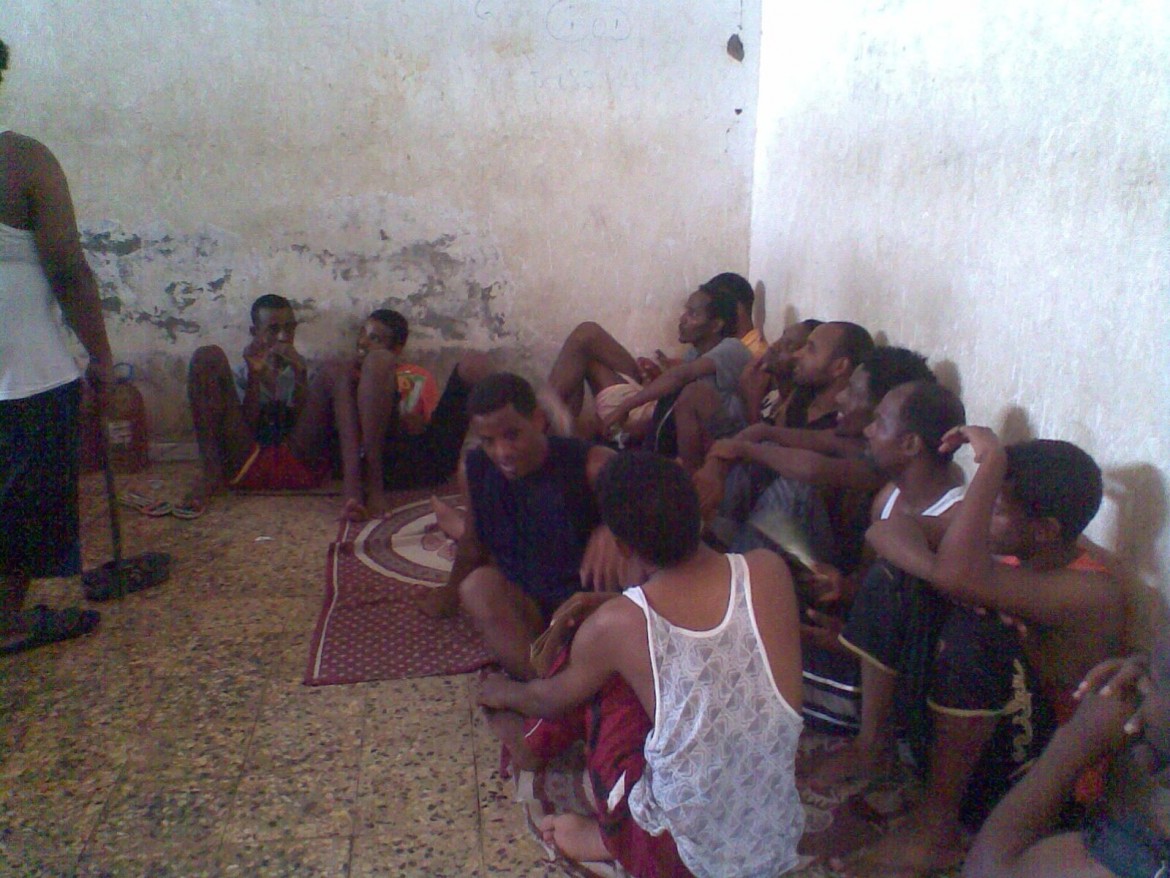Interview
UNHCR says Libya is in a humanitarian crisis
‘For months now, we have been saying that Libya is not a safe country, but now the situation has taken a sharp turn for the worse.’

Last week, when speaking about the Libyan crisis and what this means for the thousands of refugees and migrants in the North African country, UN High Commissioner for Refugees Filippo Grandi described the situation in the starkest possible terms: “The risks to their lives are growing by the hour. They must be urgently brought to safety.”
For the benefit of those predisposed to feigning misunderstanding, he added: “Simply put: this is a matter of life or death.”
On Monday, the International Organization for Migration (IOM) published the latest numbers of those affected by the crisis: 18,250 displaced persons and at least 3,600 migrants detained in the centers managed by Tripoli. “There is a humanitarian crisis in Libya, and in these cases, the most important and urgent duty is to get the people to safety,” Carlotta Sami, UNHCR’s spokesperson for Southern Europe, told us.
“For months now, we have been saying that Libya is not a safe country, but now the situation has taken a sharp turn for the worse. The parties that are engaged in military conflict must cease their armed confrontation in order to allow civilians to reach safety, both the Libyans and the migrants and refugees who are in the detention centers.”
In this regard, UNHCR has asked for the release of the migrants being held in the detention centers that are most at risk because of the fighting.
Indeed—these are 1,500 people who are detained in the Ain Zara, Qasr Bin Ghasheer and Abu Sleim centers, south of Tripoli, at the center of the conflict zone. On behalf of these people, we have asked the Libyan authorities to release them and ensure their safety.
What was the Libyans’ answer?
There has been no answer yet. But we hope that the authorities will at least help us move these people, as we did with 150 refugees in the Ain Zara center, whom we brought to our facilities. It’s a very difficult situation, because at the moment we are having difficulty accessing these centers. In addition, for reasons of road safety, it is difficult to move people without putting their lives at risk even more. Unfortunately, evacuations out of Libya have also been limited.
More than 18,000 Libyans have been displaced, in addition to the migrants. In Italy, some are on high alert because of the possibility that the landings will pick up once more.
It is a circumstance for which we must be prepared, of course. In the past, Italy has proven itself capable of handling even very high numbers of arrivals. Of course, it would be better if the international community, faced with this crisis, would organize humanitarian corridors, rather than contemplating a situation in which human traffickers will make even greater profits by sending people out to drown at sea.
Interior Minister Salvini has claimed that those who are running away from the war are getting on planes, not on rubber boats.
If Italy were to open its airports, that would mean that it would allow the organization of humanitarian corridors. That said, we are talking about around 1,500 people who are trapped in these three centers—these are not large numbers, but they are human lives, and each one of them matters. In any case, Italy has signed the Geneva Convention, and if someone arrives in Italy and applies for asylum, for any reason, Italy must consider their request.
The European Union is having difficulty in setting up a reception system, as shown by the problems encountered by the NGO ships.
It is all the more urgent, given what is happening in Libya, to find an agreement on a mechanism for rescue and landings—something which, unfortunately, has not been achieved after many months. And this is a very significant point of weakness, because, without a commonly agreed system for the sharing of responsibilities, it risks putting the EU in a situation of unpreparedness. We hope that what has happened in the past, for example with the Syrian crisis and the events in Greece, might be taken as a warning, an impulse towards a unified agreement, because one is absolutely necessary. And it is also necessary to have an awareness everywhere in the Mediterranean about how unstable the Libyan situation is, and about how crucial it is for there to be a distribution and sharing plan for refugee landings and reception involving all the safe countries in the area.
Originally published at https://ilmanifesto.it/ce-una-crisi-umanitaria-che-riguarda-libici-e-migranti/ on 2019-04-16
